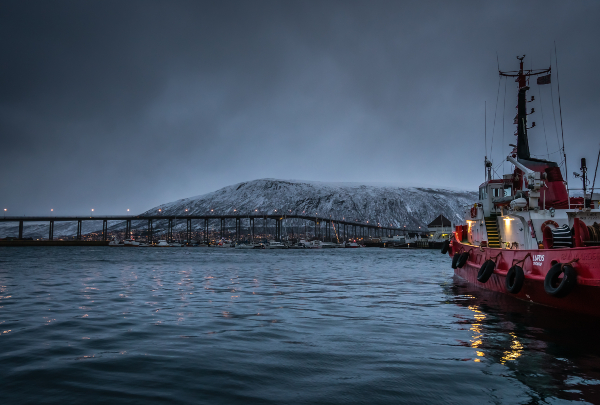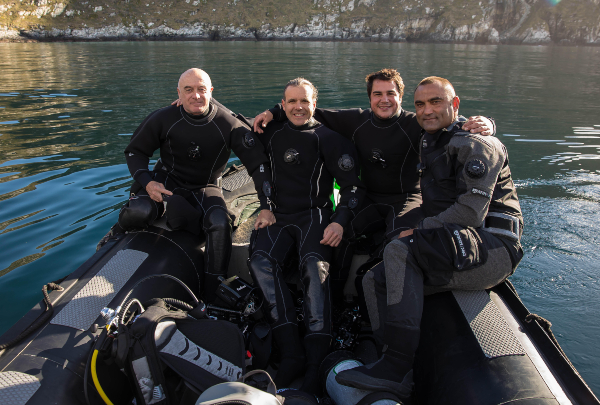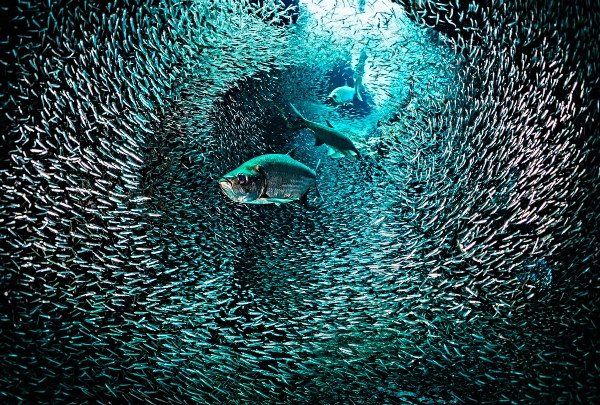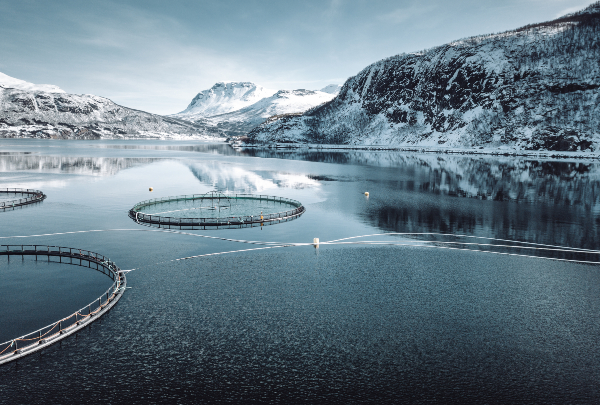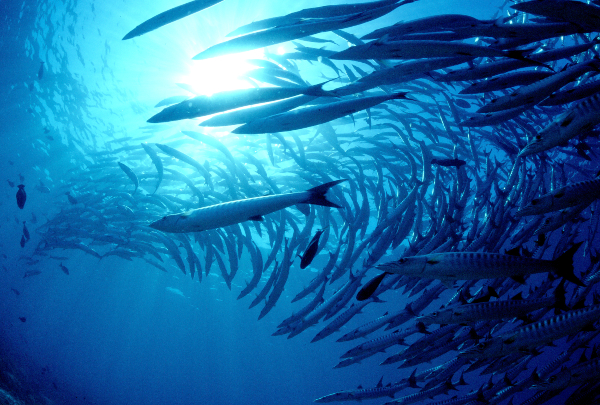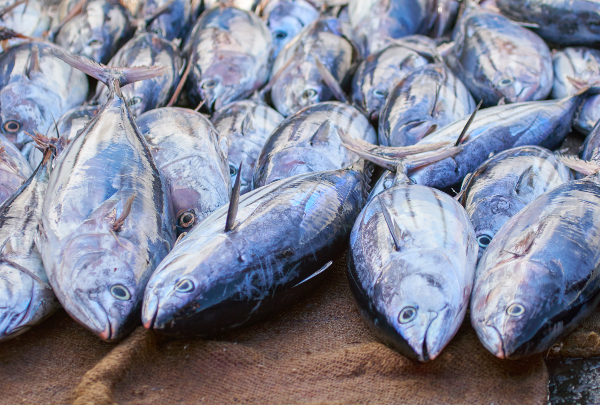News
Boris Worm: “Just 5% of oceans are protected. We should reach 30% to revert adverse effects”
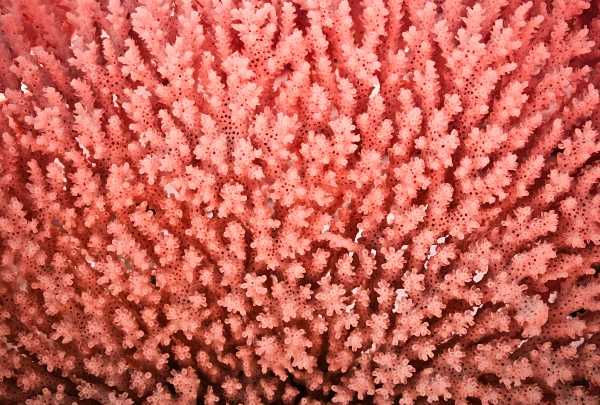
The oceans are facing three challenges: to conserve biodiversity, to fight climate change and to ensure food production. The solution to all of them involves sustainable management. On a global scale.
If the ocean is to serve as humanity’s pantry, one of the most pressing issues is responsible and efficient fisheries management, bearing in mind that when it comes to mother nature, we can’t pull on one end without disturbing the other. Everything is connected. If we want fisheries to be sustainable, we also have to tackle other major problems the ocean is confronted with – the loss of biodiversity and global warming. We must act together and globally. This is the idea that Boris Worm – a world-class marine ecologist and professor at Dalhousie University in Halifax – opened his presentation with at the Meeting of the Seas multi-disciplinary congress, in a session led by Xavier Agulló.
“We make more food from the seas than ever before”, however, Boris Worm warns, “we’re at a turning point – if we don’t do things right now, it could be too late to revert them”.
Fishing pressure is unevenly distributed across the world, and there are some hot spots. China, for instance, accounts for 41.7% of the fishing effort and other regions, like Europe, are also under intense pressure. Although sustainable capture fishing is gaining ground, illegal fishing is still rife. The variety of species currently fished has shrunk considerably, which puts more pressure on most-in-demand species. Temperature is rising in all ocean basins, which is causing a considerable reduction of marine biomass. Additionally, oceans “feel the strain from everything that happens on land – plastics, waste waters, etc.” Worm draws the list of the issues, which are many and serious, but he mitigates by adding “we have to learn from the mistakes we’ve made on land to manage marine development”.
The basis he proposes to achieve sustainable marine development is to “create a carbon-neutral economy, because otherwise the ocean’s production capacity will shrink irremediably”. We must act fast because alterations are already visible in our seas and we’re seeing a decline in capture capacity because of decreasing plankton levels, overfishing and global warming. To combat these extremes, Worm advocates creating protected areas because “with 30% of protected oceans – today it’s only 5% -- we could revert the situation”.
“The good news is that if you talk to the sea, it listens. If you look after it, it responds. And with 20 years’ looking after it well and managing its resources sustainably, we can achieve the full recovery of a marine ecosystem”.
This is the job at hand for the future. But, according to Worm, there’s another equally or even more crucial issue, which is to make the next generation “better understand the ocean, commit to it and understand that it isn’t an autonomous entity, that everything we do is reflected in it and that we live from it too”.

